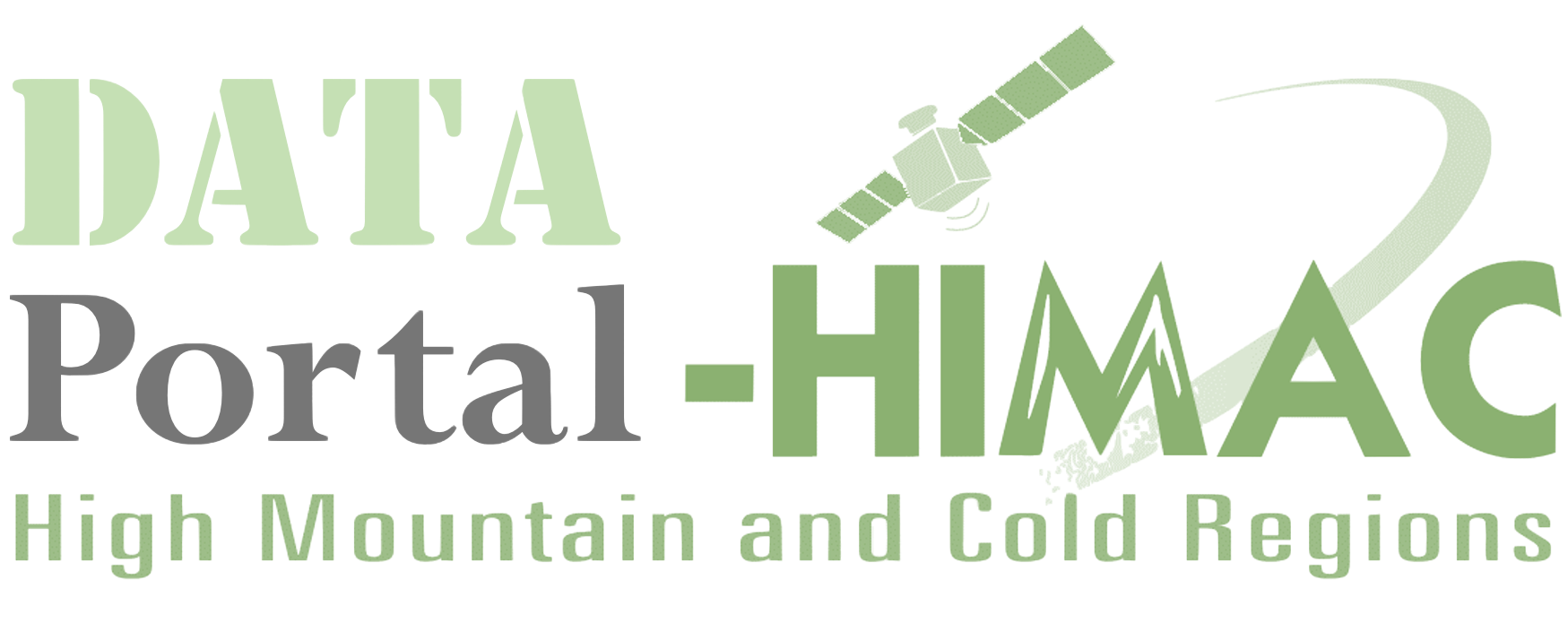As part of the preparation for the CIMR mission, we explore a new approach to retrieve snow depth on sea ice from multi-frequency satellite microwave radiometer measurements using a neural network approach. Neural networks have proven to reach high accuracies in other domains and excel in handling complex, non-linear relationships. We propose one neural network that only relies on AMSR2 channel brightness temperature data input and another one using both AMSR2 and SMOS data as input. We evaluate our results from the neural network approach using airborne snow depth measurements from Operation IceBridge (OIB) campaigns and compare them to products from three other established snow depth algorithms. We show that both our neural networks outperform the other algorithms in terms of accuracy, when compared to the OIB data and we demonstrate that plausible results are obtained even outside the algorithm training period and area. We then convert CryoSat freeboard measurements to SIT using different snow products including the snow depth from our networks. We confirm that a more accurate snow depth product derived using our neural networks leads to more accurate estimates of SIT, when compared to the SIT measured by a laser altimeter at the OIB campaign. Our network with additional SMOS input yields even higher accuracies, but has the disadvantage of a larger “hole at the pole”. Our neural network approaches are applicable over the whole Arctic, capturing first-year ice and multi-year ice conditions throughout winter. Once the networks are designed and trained, they are fast and easy to use. The combined AMSR2 + SMOS neural network is particularly important as a precursor demonstration for the Copernicus CIMR candidate mission highlighting the benefit of CIMR.
